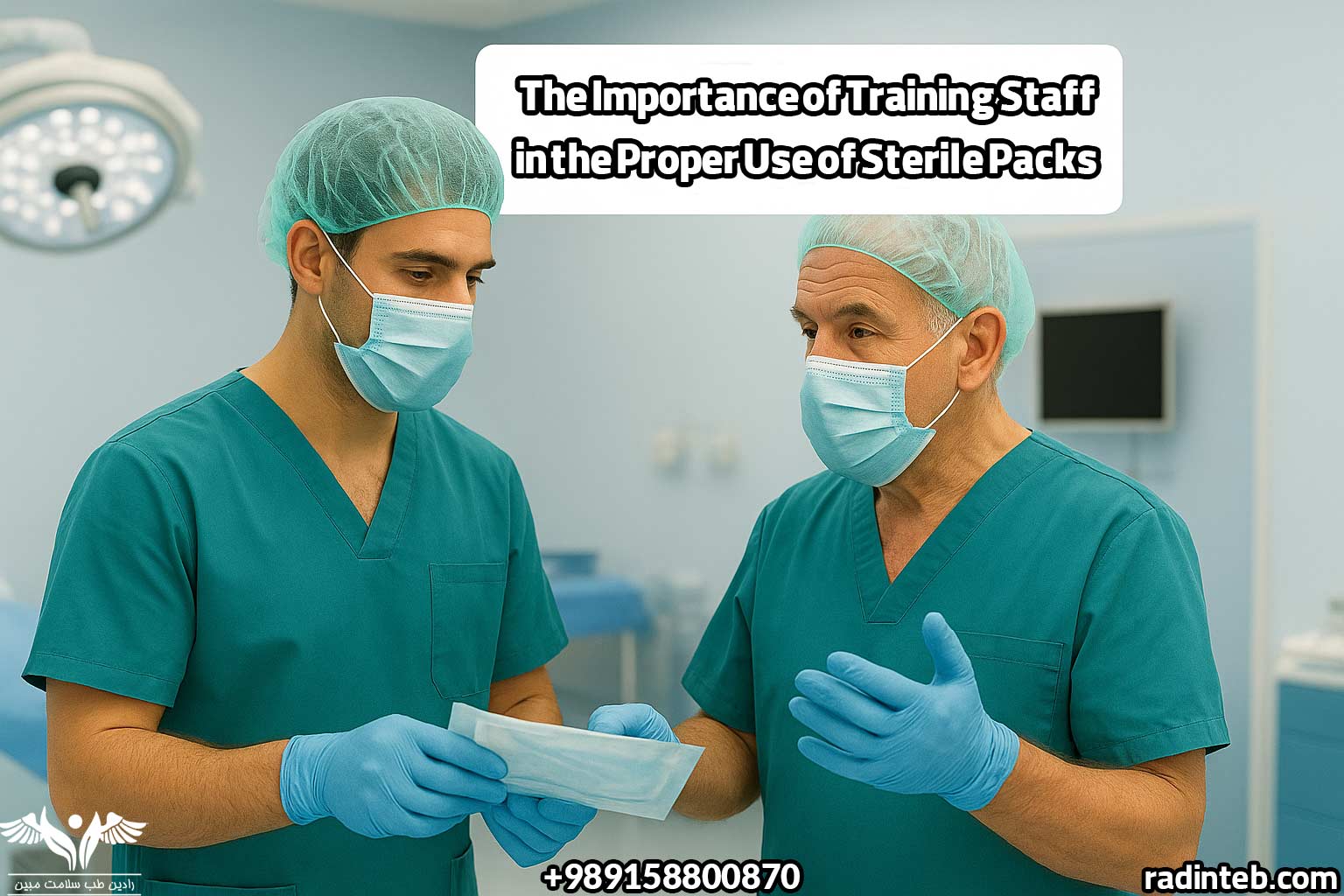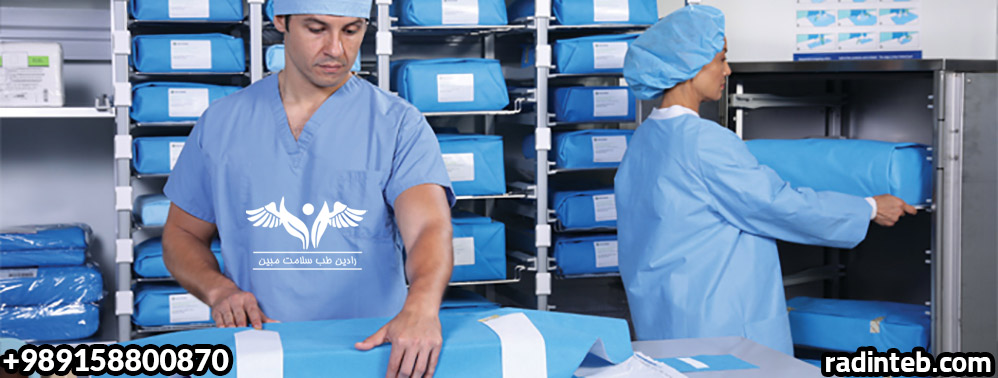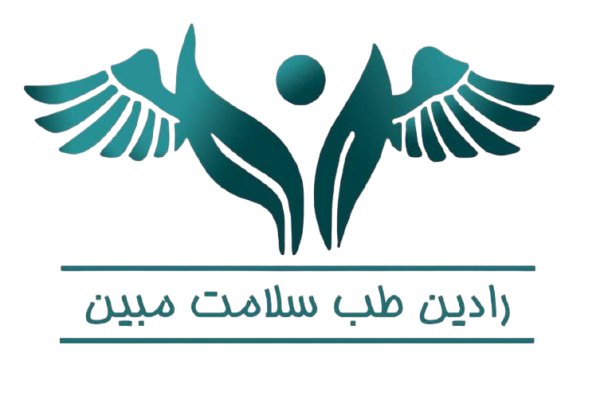
The Importance of Training Staff in the Proper Use of Sterile Packs
Introduction
In every medical environment, even a small mistake in handling sterile packs can cause serious infections. Training staff in the use of sterile packs plays a vital role in maintaining patient safety and preventing cross-contamination. Well-trained healthcare professionals not only improve treatment outcomes but also reduce unnecessary costs related to infection control.
Why Staff Training Matters
When hospital employees know how to correctly open, handle, and store sterile packs, the risk of contamination drops dramatically. Training ensures that every team member follows strict aseptic techniques, especially in operating rooms and intensive care units. This knowledge builds confidence, enhances teamwork, and promotes a consistent safety culture across all departments.
Key Elements of Effective Training
An effective sterile pack training program should include:
- Proper opening techniques without touching the sterile content.
- Checking the integrity of the packaging and expiration date.
- Recognizing sterilization indicators such as color-changing tapes or chemical markers.
- Correct storage conditions before use to preserve sterility.
- Personal hygiene and protective equipment use including gloves, gowns, and masks.
Through practical and visual learning, staff can easily adopt these procedures in daily operations.
Continuous Education Reduces Errors
One-time training is never enough. Regular refresher courses keep staff updated with the latest standards and sterilization methods. Hospitals that invest in continuous education reduce human errors and infection rates significantly. As a result, patients recover faster and the quality of care improves.
Modern Training Tools
Today’s technology makes learning easier and more interactive. Hospitals can use:
- Instructional videos showing real-life demonstrations.
- Hands-on workshops led by experienced instructors.
- Online assessments to measure understanding.
- Educational posters in sterile zones.
These tools encourage visual learning, strengthen habits, and promote responsibility among healthcare teams.
Training Brings Economic Benefits
Properly trained personnel reduce waste, prevent re-sterilization costs, and minimize patient readmissions due to infections. In short, investing in education saves both time and money while improving overall hospital efficiency.

How Leadership Enhances Training Efficiency
Strong leadership plays a key role in successful sterile pack training programs. When department heads and senior nurses actively participate in educational sessions, they inspire confidence and discipline among the staff. Their involvement demonstrates that infection control is not only a personal duty but also a shared responsibility. Moreover, supervisors who monitor compliance and give feedback help maintain consistent performance across all shifts. As a result, the hospital builds a culture of accountability and safety.
Measuring the Impact of Staff Training
Training should never end with a single workshop—it must include performance evaluation. Hospitals can track progress by conducting periodic audits, observing real-time procedures, and reviewing infection statistics. When staff apply the training correctly, infection rates decline, and patient satisfaction increases. Using measurable indicators allows management to identify weak points and update training materials effectively. Consequently, continuous monitoring ensures lasting improvement and measurable success in infection prevention.
Conclusion
Training staff in the correct use of sterile packs is not just a regulatory requirement—it’s an ethical commitment to patient safety. By developing strong training systems, hospitals can ensure their teams act precisely, protect lives, and maintain the highest medical standards.
About Radin Teb
Radin Teb is one of Iran’s leading manufacturers and suppliers of sterile and non-sterile surgical packs. Our company follows international quality standards and provides educational support for medical staff to ensure safe and effective use of our products.
Visit Radin Teb’s official website to explore our full product line and request a free consultation for your healthcare facility.
Frequently Asked Questions (FAQ)
1. Why is training in sterile pack use so important?
Because incorrect handling can break sterility and increase infection risks for patients.
2. How often should medical staff receive training?
At least twice a year, to stay updated with the latest sterilization and safety practices.
3. What are signs that a sterile pack is no longer usable?
Damaged packaging, broken seals, or faded sterilization indicators show the pack is no longer sterile.
4. Does Radin Teb offer training sessions for healthcare centers?
Yes. Radin Teb provides educational support and guidance to hospitals and clinics on how to properly use and store sterile and non-sterile packs.

